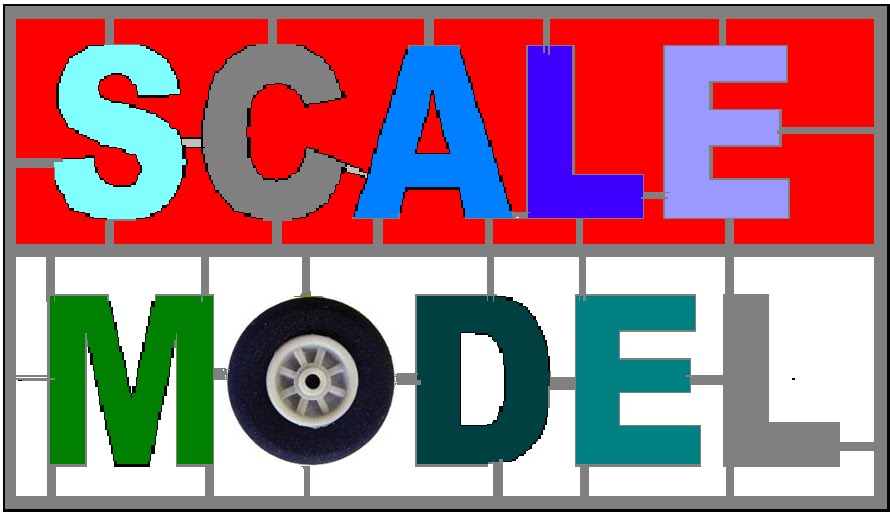Unit: IPSF
Serial: unknown
Known as 'Nishikoren' this was the first aircraft type assembled and flow by the IPSF (Indonesian People's Security Force). Note the mythical Garuda eagle on the fin and rudder which later appeared on the Indonesian State Seal.
Serial: unknown
Known as 'Nishikoren' this was the first aircraft type assembled and flow by the IPSF (Indonesian People's Security Force). Note the mythical Garuda eagle on the fin and rudder which later appeared on the Indonesian State Seal.
Artist: © Richard Ward
Source: "Nakajima Ki.27A-B, Manshu Ki.79A-B in Japanese Army Air Force, Manchuoukuo, IPSF, RACAF, PLAAF & CAF Service" compiled and written by Richard M.Bueschel, Aircam Aviation Series No.18, Osprey Publishing Limited, England. Editional Office: P.O.Box 5, Canterbury, Kent, England
Yudi Supri this airplane is single seater. It means Ki-79A or Ki-79C
Two varian single seater: Ki-79A and Ki-79C.
Two varian double seater: Ki-79B and Ki79D.
Source: "Nakajima Ki.27A-B, Manshu Ki.79A-B in Japanese Army Air Force, Manchuoukuo, IPSF, RACAF, PLAAF & CAF Service" compiled and written by Richard M.Bueschel, Aircam Aviation Series No.18, Osprey Publishing Limited, England. Editional Office: P.O.Box 5, Canterbury, Kent, England
Yudi Supri this airplane is single seater. It means Ki-79A or Ki-79C
Two varian single seater: Ki-79A and Ki-79C.
Two varian double seater: Ki-79B and Ki79D.
@Museum Dirgantara Mandala, Yogyakarta
@Museum Satria Mandala, Jakarta by Arawasi
http://www.airliners.net/photo/Indonesia---Air/Mansyu-Ki-79b/0977391/
http://www.airliners.net/photo/Indonesia---Air/Mansyu-Ki-79b/0977391/
The Ki-79 advanced trainer was developed from the Ki-27 'Nate' fighter by the Mansyu company in Harbin, Manchukuo (Japanese-controlled Manchuria). At least nine Ki-79s ended up in the early Indonesian Air Force. The type was called Nishikoren by the Indonesians
Penjelasan dari web RD models http://old.rsmodels.cz/?link=view&id=92014
While manufacturing the Nakajima Ki-27 fighter
under license,in 1942 Manshu undertook redesing of this aircraft as an advanced
trainer.The aircraft was built as the Ki-79 a single-seat trainer powered by a
510 hp Hitachi Ha-13a,and the two-seat Ki-79 b with Hitachi Ha 23. By 1943 they
were becoming available in quantity,with both models equpping the Sendai and
Tachiarai Army Flying Schools and the Tokorozawa Army Aviation Maintenance
School.The Ki-79 b model was supplied to the Army Air Academy as well as the
Tokyo,Otsu and Oita Army Boys Flying Schools,set up for high scool studens to
interest them in becoming pilots for the same 2 Koren aircraft on Kamikaze
missions.Other Ki-79 a and Ki-79 b trainers that been sent to Singapore.Java,the
lower Philippines and elsewhere in the Japanese occupied zones for additional
training of green pilots.In Java and Sumatra local Indonesian forces took over
the Japanese arms in theit areas and offered select Japanese pilots the
opportunity to help train insurgents in the use Japanese fighters.While the
Americans destroyed similar aircraft when they found in Japan,the Russians left
them on the airfields in the occupied Manchuria,where they were soon picked up
by the Red Army air Force.When the Peoples Liberation Army was officially
formed in July 1946 the 2 Koren trainers became the first standart Trainers of
the PLAAF,the air force of the communits army.
Characteristics
>>
Wingspan: 11,50 m
Lenght: 7,85 m
Height: 3,00 m
Wing area: 18,56 m2
Empty weight: 1300 kg
Ferry range: 920 km
Wingspan: 11,50 m
Lenght: 7,85 m
Height: 3,00 m
Wing area: 18,56 m2
Empty weight: 1300 kg
Ferry range: 920 km
It was probably the only plane designed in China during the war. It was initiated in 1942 by the firm "Mansyu", set in Manchuria, occupied by the Japanese. It was a Nate , built under licence by Mansyu, and redesigned as an advanced trainer. It came out in four variants and remained in production until the end of the war.
Ki-79a First variant of the Ki-79, single-seat and entirely built in metal.
Ki-79b Two-seats variant of the trainer, made of metal as the Ki-79a and powered by the same engine.
Ki-79c Like the Ki-79a, this variant was a single-seat trainer, but it was made of wood and steel (light alloys had become too scarce) and the engine was different (although of the same basic model).
Ki-79d Like the Ki-79a, this variant was a single-seat trainer, but it was made of wood and steel (light alloys had become too scarce) and the engine was different (although of the same basic model).
| Ki-27/79 Specification | |||
| Ki-27b | Ki-79a | ||
|---|---|---|---|
| Crew | 1 | ||
| Dimensions | |||
| Wing span, m | 11.31 | 11.50 | |
| Wing area, m2 | 18.56 | 18.56 | |
| Length, m | 7.53 | 7,85 | |
| Height, m | 3.28 | 3.00 | |
| Weight, kg | |||
| Empty weight | 1110 | 1300 | |
| Loaded weight | 1547 | ||
| Powerplant | |||
| Hitachi air-cooled radial engine | Ha-1b | Ha-13 aI | |
| Power, hp | 750 | 510 | |
| Performance | |||
| Maximum speed | km/h | 470 | 340 |
| at altitude, m | 3500 | 3500 | |
| Time to level | 5m 22s/5000m | 10m 24s/5600m | |
| Service ceiling, m | 12250 | ||
| Service range, km | 627 | 920 | |
| Service range with added fuel tanks, km | 1100 | ||
| Armament | |||
| 7,7-mm Type 89 machine guns | 2 | 1 | |
http://www.airpages.ru/eng/jp/ki79.shtml
Mokitnya sy adalah merk RS Models skala 1:72 dalam kondisi belum dirakit .
pabrikan mokit diantaranya adalah :
Mokit rakitan sy:
Mokit rakitan modeller (Rahman-museum dirgantara mandala 2015) :
http://www.aircraftresourcecenter.com/Gal14/13501-13600/gal13569-Museum-Sidharta/00.shtm




















Tidak ada komentar:
Posting Komentar